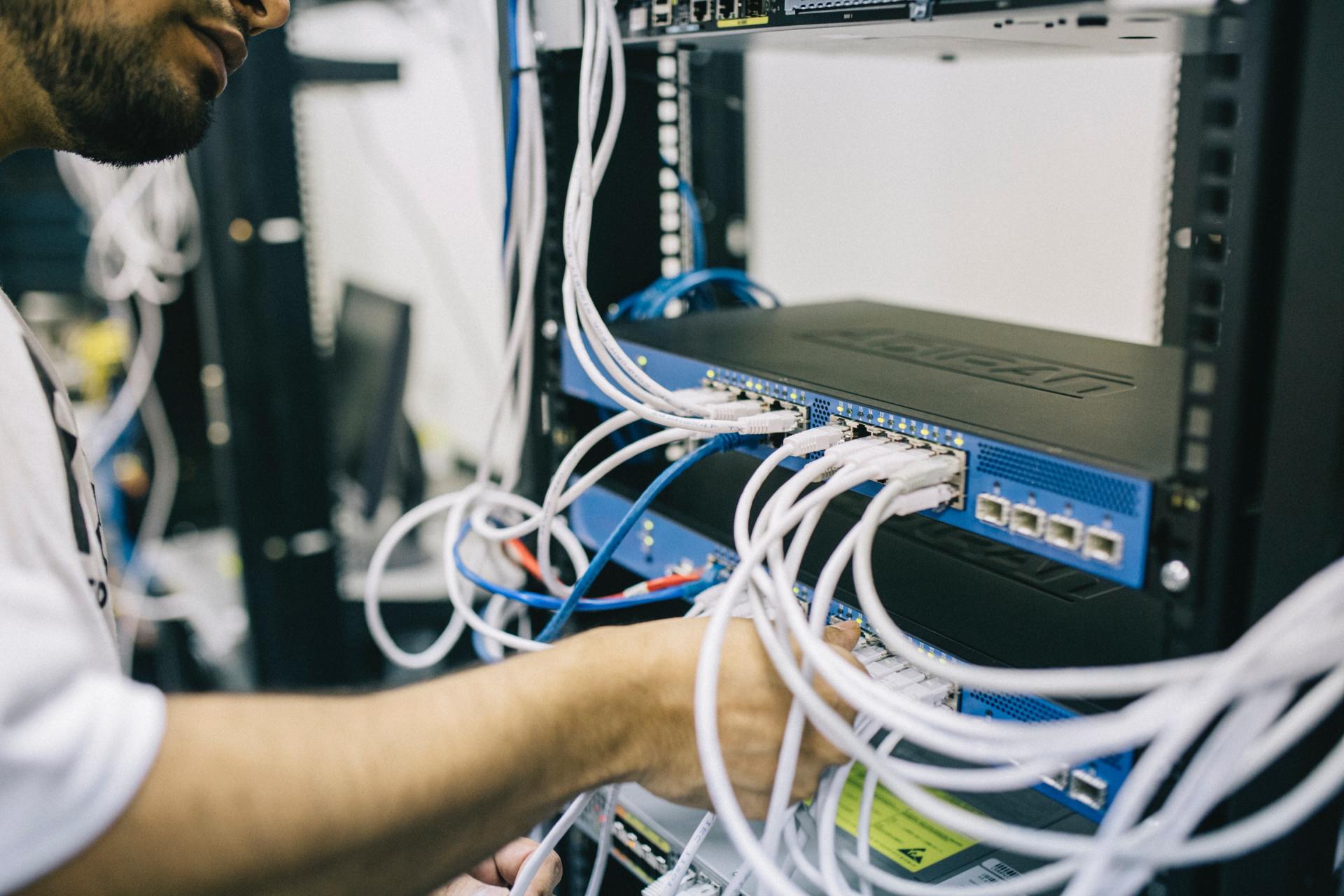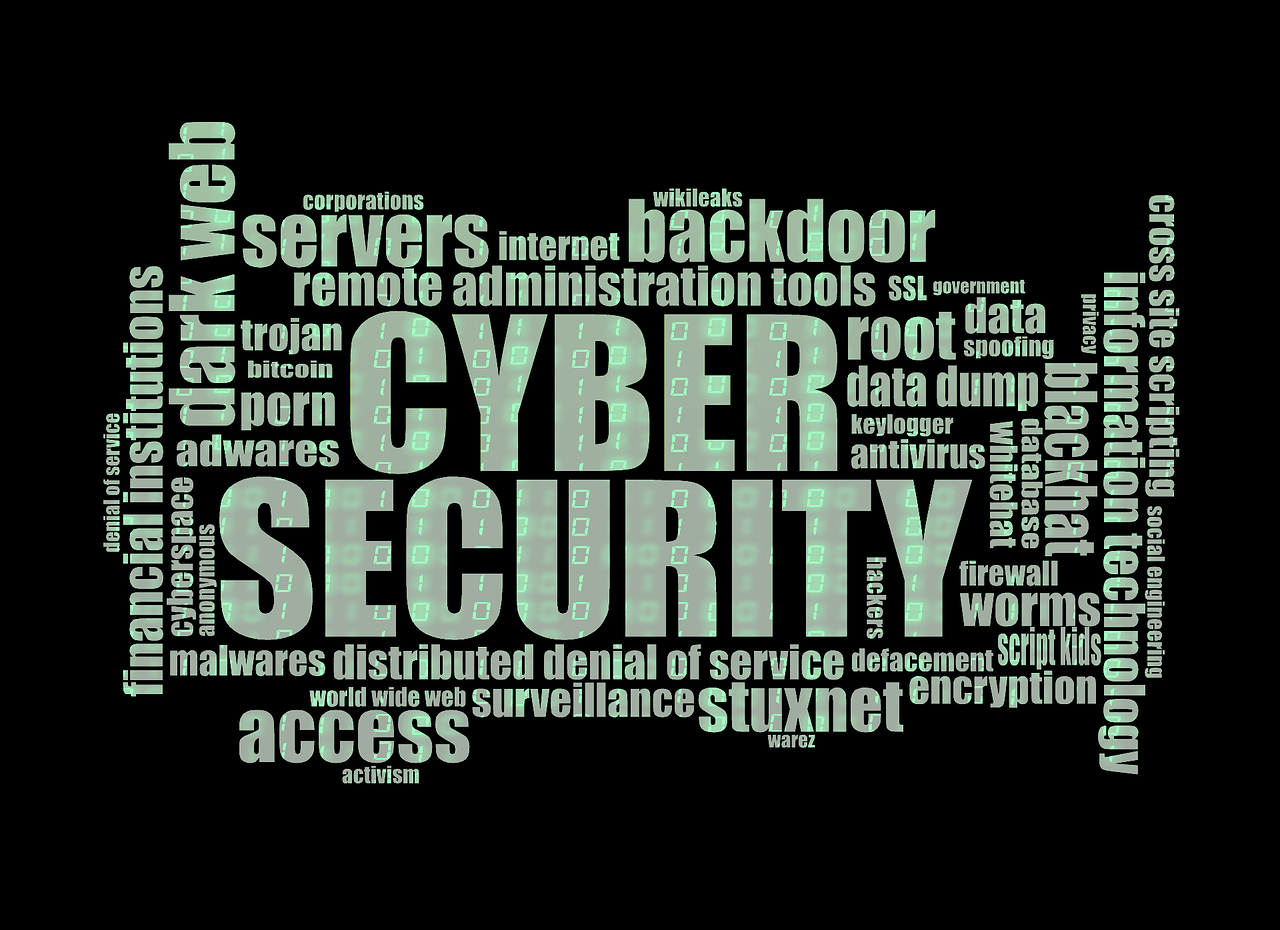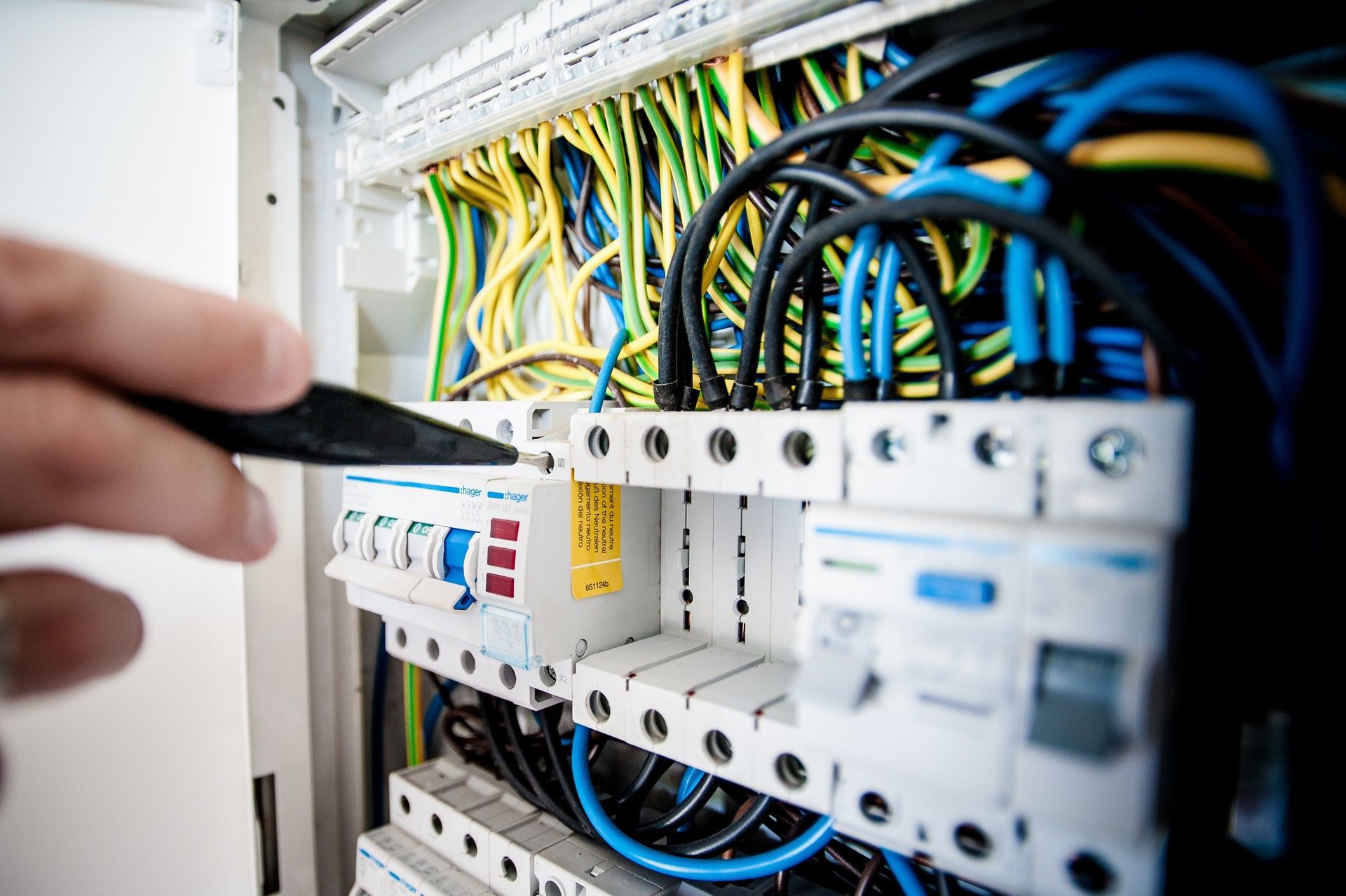New Title
How HIPAA Regulations Affect Your Old IT Equipment
How HIPAA Regulations Affect Your Old IT Equipment

How HIPAA Regulations Affect Your Old IT
Working or operating in the medical field requires heightened attention to privacy concerns—medical records are possibly the most sensitive type of data and HIPAA (Health Insurance Portability and Accountability Act) regulates patient data at all stages of your business’ lifecycle. This becomes a primary concern when it becomes time to replace outdated hardware with new technology—how do you properly wipe your machines clean so that you are HIPAA compliant?
In this blog, we'll outline how HIPAA regulations affect your old IT.
Asset Disposition and HIPAA
HIPAA covers all PHI (protected health information) on any device you have that stores data, including computers, laptops, DVDs, tablets, mobile phones, and any portable storage devices. This means that your company is solely entrusted with the proper storage, and disposal of, any PHI.
When it comes time to decommission old devices, it's important to understand the types of data wiping that are available to you. We recommend that you partner with a trusted IT Asset Disposition company, and not try to wipe/destroy any of the equipment yourself.
There are three ways to clear data from your hardware to be HIPAA compliant:
• Wipe all data from the device using software so that it is destroyed and irretrievable; or
• Utilize external equipment to wipe a device clean so that the data is destroyed and irretrievable; or
• Physically destroy the hardware so that the data is destroyed and irretrievable.
The most important thing to remember when decommissioning your equipment that housed any PHI under HIPAA regulations is that there is no way for data to be recovered—no trace of the data can remain.
HIPAA Regulations Can Incur Fines
The most significant reason why we encourage you to partner with an Asset Disposition company when you're decommissioning any hardware is that failing to wipe PHI from a device can result in hefty fines from the federal government—up to 1.5 million dollars per incident.
The right IT Asset Disposition company will walk you through their process from start to finish and be able to answer any questions you might have regarding their HIPAA compliance.
Additionally, a HIPAA compliant Disposition partner will know which equipment you’re able to sell to a third party to recoup some of the investment cost in the equipment.
HIPAA, Asset Disposition, and Going Green
The right IT Asset Disposition partner will walk you through which hardware that will need to be physically destroyed and ensure that the scraps don’t end up in a landfill but are recycled. Not only does that keep within HIPAA regulations, but it’s good for the environment, too.
Don’t Risk It With HIPAA
With PHI comes HIPAA compliance and sanctions if the data is not entirely protected during the disposition process. Rather than try to understand the proper methods of disposal yourself, partner with an expert who can mitigate your risk and recoup some money back in the process for your organization.
If you’d like to talk to one of our disposition experts at Unistar Technologies, you can contact us at either info@unistartechnologies.com or 678-393-3160.






